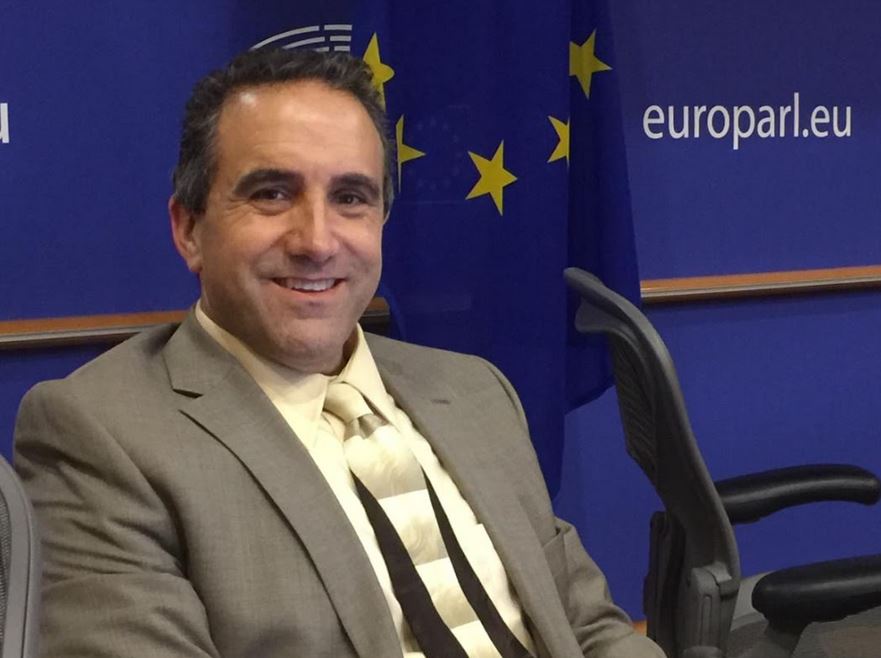President Donald J. Trump.
Get used to the sound of that, my environment-oriented friends.
Is this end times for environmental progress or, more specifically, climate progress?
No.
The bad news about climate change is, in a way, the good news:
The main forces determining emission levels of heat-trapping carbon dioxide will be just as much out of President Trump’s hands as they were out of President Obama’s. The decline in the United States has mainly been due to market forces shifting electricity generation from coal to abundant and cheaper natural gas, along with environmental regulations built around the traditional basket of pollutants that even conservatives agreed were worth restricting. (Efficiency and gas-mileage standards and other factors have helped, too, of course.)
At the same time, the unrelenting rise in greenhouse-gas emissions in developing countries is propelled by an unbending reality identified way back in 2005 by British Prime Minister Tony Blair, when he said, “The blunt truth about the politics of climate change is that no country will want to sacrifice its economy in order to meet this challenge.”
At the same time, as well, other fundamental forces will continue to drive polluted China and smog-choked India to move away from unfettered coal combustion as a path to progress. An expanding middle class is already demanding cleaner air and sustainable transportation choices — just as similar forces enabled pollution cleanups in the United States in the last century.
That’s why the Paris Agreement on climate change will continue to register progress on emissions and investments in clean energy or climate resilience, but only within the limits of what nations already consider achievable (as others will be explaining in detail because the first post-Paris round of negotiations is under way right now in Marrakech).
Long ago, Jesse Ausubel, a veteran Rockefeller University analyst of global resource and environmental trends, asserted that, “in general, politicians are pulling on disconnected levers” at the intersection of energy and environmental policy.
View image on Twitter
View image on Twitter
Follow
Andy Revkin ✔ @Revkin
In climate arena, politicians mostly pull on “disconnected levers” (Ausubel @RockefellerUniv) http://nyti.ms/1uKqly1
7:33 AM – 16 Dec 2014 · New York, USA
13 13 Retweets 8 8 likes
As I wrote in 2014, that doesn’t mean environmental agendas by politicians are useless, and environmentalism remains vital as a result. But what approach is most workable, particularly under a Trump administration with Congress in Republican control?
Is it end times for 20th-century-style us-them environmentalism?
That’s up to the movement.


